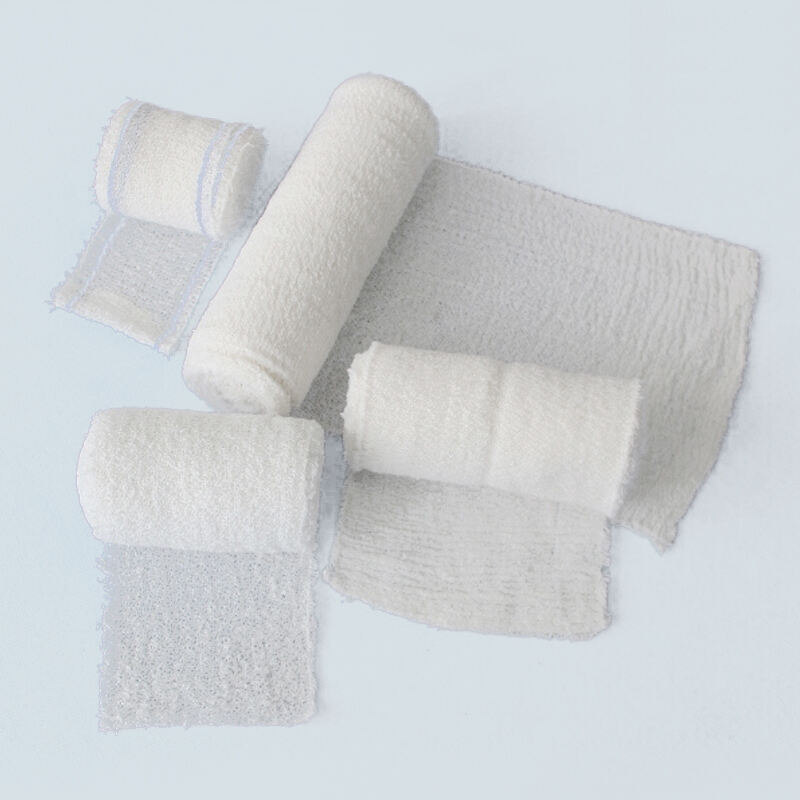Do your the legs and feet swell up? Do you know about medical compression stockings? Such special socks can benefit people of all ages. Read on to learn more about when you may want to wear them.
Compression Stockings Explained
Medical compression stockings are snug socks you wear to help blood circulate in your legs and feed. They also provide a very gentle squeeze to your legs, helping your blood vessels do their job. This can have the effect of reducing swelling, stopping blood clots and easing pain in your legs. If your legs feel tired or achy, these could possibly help you to feel better!
When Should You Wear Compression Stockings
Consult your doctor before you wear compression stockings. It’s nice to find out if they’re a fit for you. Consider your daily activities — if you sit or stand for long periods, or if you travel frequently, these stockings may make a difference. And consider any health problems you have that might improve with better blood flow.
What to Look For When Shopping for Compression Stockings
It’s important to wear compression stockings properly. Be sure to order the right size so you’ll be able to wear them comfortably but not too tightly. Wear them in the morning when you’re most likely thanks to gravity to be in the least pain, and remove them at night. You can gently wash them with mild soap and allow them to air dry. To keep the support you are seeking, it is a good idea to replace your stockings every 3-6 months.
When Should I Wear Travel Socks
For longer travel, advanced wound care especially by plane, compression stockings can also be helpful. They may prevent blood clots and swelling in your legs. “Blood can kind of pool in your legs when you sit for long periods, and that’s not great. Wearing compression stockings can also help maintain the flow of blood. So don’t forget your socks the next time you travel!
12 Signs You May Need Compression Socks
If your legs and feet feel swollen, painful or heavy after sitting or standing for a extended period of time, it might be worth considering a pair of compression stockings. Other clues are varicose veins or a history of blood clots. If you notice any of these issues, ask your doctor whether compression stockings could help you feel better.
In summary, Gauze and swabs wearing medical compression socks may help increase circulation in your legs and feet. They have the ability to minimize swelling and pain and also stop serious health issues, such as blood clots. By understanding the advantages, when to wear them, caring for them appropriately, and understanding when you need them, you can keep your legs healthy. Do not delay and try compression stockings to get the relief you need!

 EN
EN
 AR
AR
 BG
BG
 HR
HR
 CS
CS
 DA
DA
 NL
NL
 FI
FI
 FR
FR
 DE
DE
 EL
EL
 HI
HI
 IT
IT
 JA
JA
 KO
KO
 NO
NO
 PL
PL
 PT
PT
 RO
RO
 RU
RU
 ES
ES
 SV
SV
 CA
CA
 TL
TL
 IW
IW
 ID
ID
 LV
LV
 LT
LT
 SR
SR
 SK
SK
 SL
SL
 UK
UK
 VI
VI
 SQ
SQ
 ET
ET
 GL
GL
 HU
HU
 MT
MT
 TH
TH
 TR
TR

